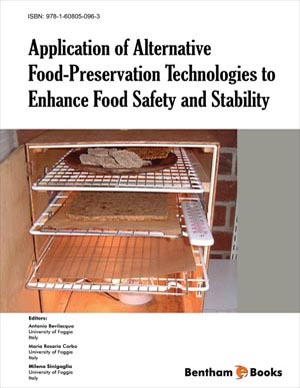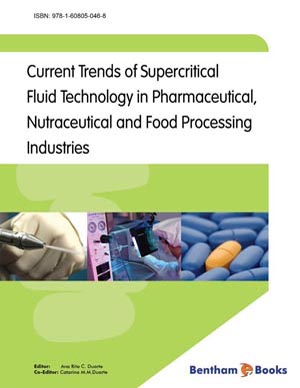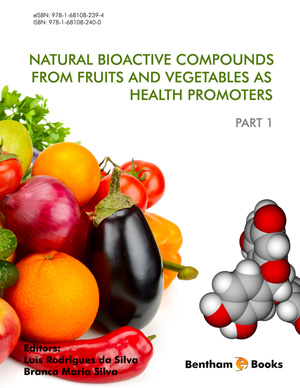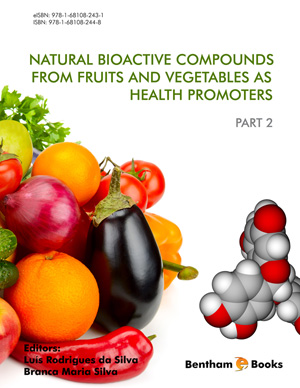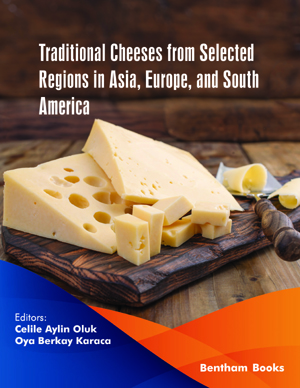Abstract
Nisin belongs to a group of bacteriocins known as “lantibiotics”, small peptides produced by Gram-positive bacteria of different genera. Nisin consists of 34 amino acids and is the only commercially accepted bacteriocin for food preservation; it is produced by certain strains of Lactococcus lactis subsp. lactis. Nisin is a natural, toxicologically safe, antibacterial food preservative, characterized by an antimicrobial activity against a wide range of Gram-positive bacteria, but not against Gram-negative bacteria, yeasts or fungi. It can act against Gram-negative bacteria, in conjunction with chemically induced damage of the outer membrane. Nisin was labeled as GRAS (generally recognized as safe) in 1988 by FDA, and is currently permitted as a food additive in over 50 countries around the world.
Nisin has found practical application as a natural food preservative in many categories of food, such as natural cheese (Emmental and Gouda), processed cheese (slices, spread, sauces and dips), pasteurized dairy products (milk, chilled desserts, clotted cream and mascarpone cheese), egg products, hot baked flour products (crupets), canned products, alcoholic beverages (beer and wine), salad dressing, meat and fish products, yogurt and pasteurized soups.
Keywords: Mode of action, Safety, Food applications.


